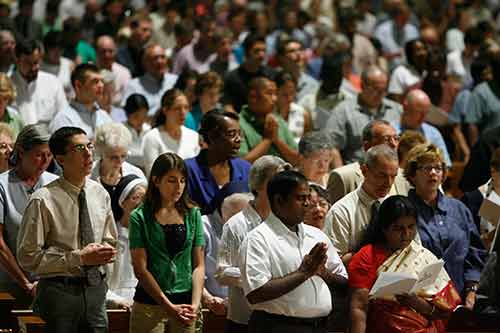The Foundations of Sociology module by Dr Chris Shilling
My passion for teaching the foundations of sociology stems from the capacity of classical writings to “speak” to our current age, and the dilemmas we all face as both social and human beings.
How are societies possible (and do they still exist)? Why are some groups more powerful than others? How do people make their lives meaningful? Why are some people prepared to die for their ideals? Why has ‘identity’ become so important to people in the contemporary era?
In this module we explore these and related issues through the writings of the most important thinkers in the sociological tradition. We explode the myth that sociology is unconcerned with ‘individuals’, and focus on applying creatively the insights of historical figures to our current age.
Why is it being taught? It provides an advanced exploration of the foundations of the discipline – by focusing on the core problems that have preoccupied the subject since its inception – and provides students with intellectual resources of relevance to any specialist topic in sociology.
Who is taking it? This module is core for all Sociology MA students and is also taken as an option by students studying a variety of other MA degrees.
Who’s teaching it? Professor Chris Shilling. I’ve been a Professor at Kent since 2007 and over the past 35+ years have held professorial/other positions at the Uppsala University, Universities of Southampton, at Portsmouth University, and what is now known as Oxford Brookes University. My major academic interests are in sociological theory, in the interdisciplinary field of ‘body studies’, and in the sociology of religion. The monographs I’ve written of most direct relevance to this module are The Sociological Ambition: Elementary Forms of Social and Moral Life (Sage, 2001), Uncovering Social Life. Critical Perspectives from Sociology. (Routledge, 2018), and Sociology of the Sacred (Sage, 2014) (all available in multiple translations and all co-authored with P.A.Mellor).
How does this improve employability? The module provides students with theoretical and conceptual knowledge relevant to the analysis of contemporary social trends; an analysis that is key to business, financial and public sector organisations.
What students might be surprised to learn? That sociology is as much a conservative discipline concerned with the problem of order as much as it is a radical discipline interested in promoting social change.
What even lay people should know from this course? That the issues of how people can coexist together without ‘societies’ degenerating into a war of all against all, and of how people impart their lives with meaning, take us to the heart of social life.
Suggested reading list
- Shilling, C. & Mellor, P.A. (2001) The Sociological Ambition. London: Sage
- Nisbet, R. (1993 [1966]) The Sociological Tradition. New Brunswick, NK.: Transaction
- Levine, D. (1995) Visions of the Sociological Tradition. Chicago: Chicago University Press
Courses module taught on:
Location: Canterbury
Term: Autumn
Level: 7
Credits (ECTS): 20 (10)


